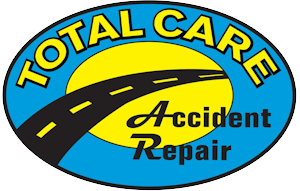There are many ways a vehicle’s paint can be damaged. The car can be in an accident. A bad person could key the car, scratching through the finish and paint. A tree branch or other storm debris could damage paint. There’s shopping cart impacts and people opening their doors into your car and so many more ways for the paint to be scratched, chipped, gouged, or otherwise damaged.
Can you repair the car’s damage yourself? Of course you can. Will you be satisfied with how your car looks after you do the repairs on your own? That depends on three things – your skill set, the tools and materials you use to do the job, and ultimately, your own willingness to live with the best efforts of an untrained professional.
Let’s start with the skill set part of that equation. The biggest part of repairing damaged paint is preparing the area to be repainted. How are your welding, sanding, and bodywork skills? Not every job requires every skill, of course, but the more robust your abilities, the more likely it is that you can do the repair on your own. Additionally, under skills, you need strong color matching abilities and basic artistic abilities. It’s also really recommended to have top notch airbrushing skills.
Now let’s talk about tools and materials. Painting cars is not exactly the healthiest thing you can be doing. That’s why techs at our autobody paint shop in Southeast Massachusetts wear protective clothing and respirators. It’s why they work in very well ventilated spaces. If you’re going to be painting cars, we strongly recommend that you invest in and use the proper protective equipment to stay healthy.
On top of that, depending on the scale of the repair, you’re going to need the appropriate equipment and paints. There are quite a few products out there that promise to be a perfect match for factory finish, but finding one that keeps that promise can take a while.
Finally, it’s a question of if you’re going to be happy devoting the time the process requires to achieve a great result. And this is the part of the question that requires some self-knowledge. Will you be happy with the job you did yourself? Are your standards such that you want the paint to look like it did when the professionals applied it, or are you willing to go forward with your best efforts? There’s no wrong answer to this question – only what will make you happy in the long run.
